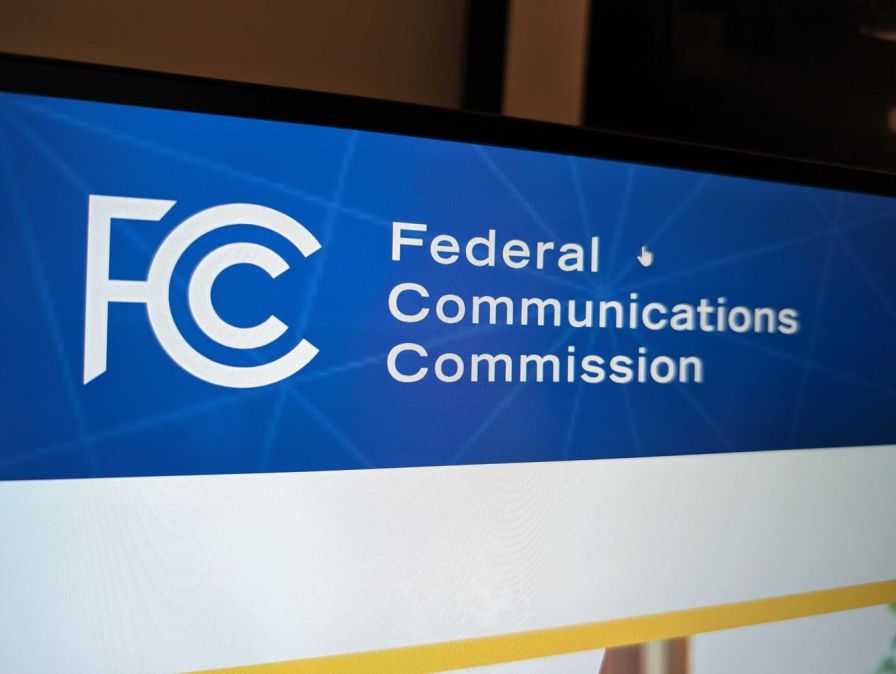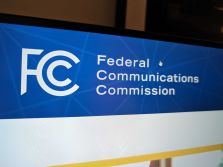FCC closes comments on ‘open internet protections’ rulemaking

The Open Technology Institute, the technology program run by the Washington think tank New America Foundation, on Wednesday published comments in support of the Federal Communications Commission’s recent move to reestablish its authority over the internet as defined in the 2015 Open Internet Order.
After a notice of proposed rulemaking the FCC adopted last October that would reestablish the commission’s governance authority and reclassify broadband internet as a telecommunications service, rather than merely an “information service,” the institute filed comments in support of the proposed changes, citing its mission “to ensure every community has equitable access to digital technology and its benefits.” The institute urged on FCC policies that would prevent private companies from engaging in “discriminatory practices” such as blocking, throttling or engaging in paid or affiliated prioritization for any particular content on the internet.
Wednesday marked the deadline for comments on the rulemaking.
Raza Panjwani, a senior policy counsel at the institute, said he supports “strong rules” that would reestablish the FCC as a protector of net neutrality and that he supports reclassifying the internet as a telecommunications service under Title II of the Communications Act of 1934.
“Internet Service Providers have spent more than twenty years resisting the basic and uncontroversial proposition that they shouldn’t be able to meddle with Americans’ internet connections,” Panjwani said in a statement. “Today, broadband internet access is too fundamental and too important not to apply strong oversight and protections.”
The institute said it’s calling for FCC rules that would only preempt state and local laws that provide lower levels of consumer protection.
In its comments, the institute also cites the central role the internet has come to play in supporting public safety services, including social media channels used by government agencies to coordinate responses to natural disasters and provide quick public access to breaking news.
“Government agencies, first responders, emergency services, and public health officials use the web to monitor ongoing community issues and crises, disseminate information to the public via websites and social media channels, and coordinate emergency and disaster responses,” the institute’s comments read. “As such, OTI supports the Commission’s proposal to reclassify [broadband internet access service] as a Title II telecommunications service and reinstate conduct standards and rules originally established in the 2015 Open Internet Order.”
Some who oppose reclassifying broadband claim such a change is unnecessary to protect net neutrality or the general health of the internet. In a statement last October opposing the reclassification of broadband internet under Title II, FCC Commissioner Brendan Carr, its senior Republican, pointed to successes the internet has enjoyed in the U.S. since 2015 without such a change, including a tripling of download speeds for fixed connections, a six-fold increase in mobile download speeds, heightened competition between internet service providers and a shrinking of the digital divide.
“In other words, utility-style regulation of the Internet was never about improving your online experience—that was just the sheep’s clothing,” Carr wrote. “It was always about government control. So no matter what you hear tomorrow and beyond, the Internet is not broken and the FCC does not need Title II to fix it.”
The R Street Institute, a center-right Washington think tank, has likewise voiced opposition to the FCC’s proposed rulemaking. In comments filed last December, the group claimed the order uses the “guise of net neutrality [to] impose a heavy-handed common carriage regulatory framework that would stifle innovation, harm competition and counteract important investments the FCC has made to bridge the digital divide.”
The R Street Institute argued in 2017 that the Title II of the Communications Act “is a complex scheme of regulations designed for common carriers in an era when competition between multiple service providers was thought to be impossible.” With an eye on encouraging competition between internet service providers, the group now supports governance of broadband via the Telecommunications Act of 1996, a law signed by former President Bill Clinton that, according to one Congressional report, was designed to promote competition, loosen regulations and speed along development of new technologies.
The Open Technology Institute’s Michael Calabrese argued that the FCC should push forward reclassification and that the agency should wield the same type of authority granted by pro-consumer laws in California and the European Union.
“The FCC should adopt a bright-line rule that prohibits discriminatory or anti-competitive forms of zero-rating,” he said, referencing the practice of exempting certain content from counting toward data caps. “The agency should also update its definition of data services that are exempt from the open internet rules to ensure mobile carriers are subject to the same rules as every other provider. Reinstating and updating the FCC’s authority will protect consumers and ensure that the public interest—not profit motives—remain paramount to broadband internet service providers.”






